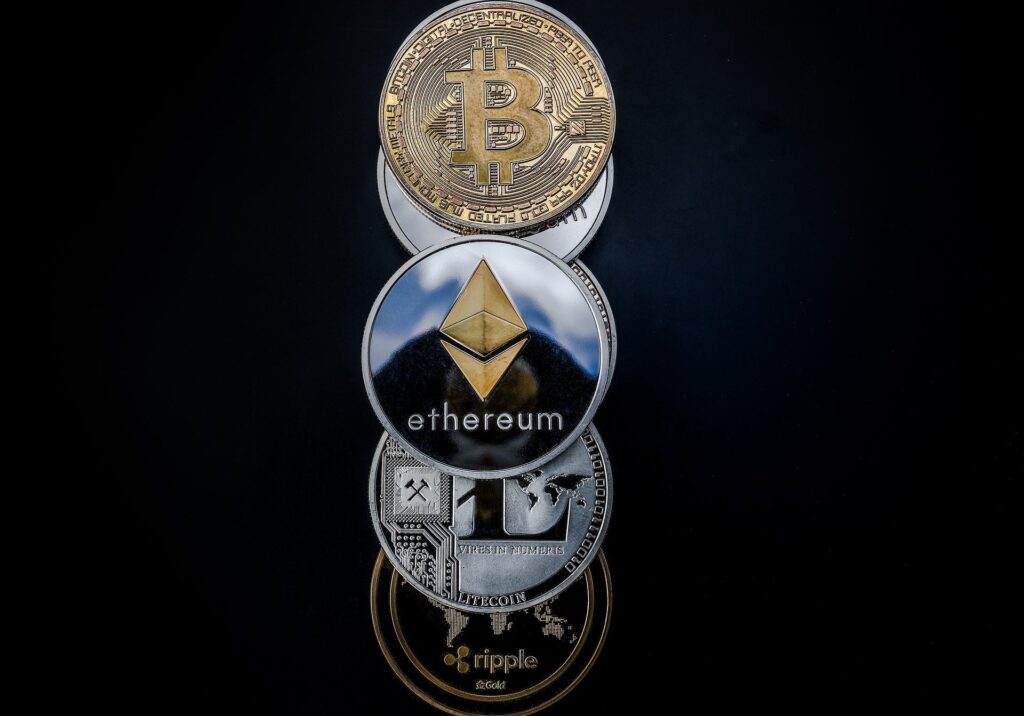Making assumptions on the regulatory treatment of your token
Firstly, you need determine whether it’s a utility or security token. Your entire proposition and marketing collateral needs to be reviewed with a fine tooth comb, as one simple (incorrect) thing may change the legal status of your token.
The legal and regulatory position is complex and needs careful analysis. Get it wrong, and it’s potentially a criminal offence. You’ll need to be intimately involved in the process – it’s very time consuming, costly, and you may well find it frustrating and exhausting. It’s not for the faint hearted, and will distract you from your business – but so does any capital raise.
You can’t assume your token is a utility token just because a similar proposition in 2017 said it was a utility token. You need a proper white paper review from a legal and regulatory perspective, and need to act responsibly in engaging with your prospective investors – you don’t want to mislead them.
Choice of words can be tricky. If it’s a utility token (unregulated), it’s better to call it a ‘Token Sale Event (TSE)’, rather than an ‘Initial Coin Offering (ICO)’ as linkage to ‘currency’, ‘coin’ and ‘crypto’ can often be unhelpful and misleading.
‘Security Token Offerings (STOs)’ are more complex than ICOs as you’re working in the regulated space, so a whole host of additional requirements apply to them.
Tokens are a very interesting option compared to traditional VC funding, but the regulatory and legal landscape is still evolving (almost daily) and the requirements for regulated and unregulated tokens are very different.
Thinking a token sale is an easy way to raise money
Raising capital is tough! Don’t be mistaken into thinking a token sale is a short cut to raising finance, without an amount of pain. That comes with any fundraising – no one has a magic wand here.
The popularity of token sales has grown significantly over the past 18-24 months, and whilst the market isn’t as buoyant as its 2017 highs, it’s still active. A lot of thought, time, cost, effort, advice and work has to be done to successfully launch in the current subdued market.
However, the emergence of security token platforms like Polymath are potential game changers as they speed up the process of launching STOs – which is really helpful for businesses looking to raise capital that way.
Shoehorning any product into a tokenization event
Unless the use of blockchain is meaningful, tangible and solves a real-world problem that people will want to buy/use, don’t do it. Simple as.
Believing the hype
There’s a LOT of noise around, but it’s often a case of too much talk and little action.
Token sales, blockchain, cryptocurrencies and digital assets are hot. Everyone claims expertise, but very few have tangible experience in delivering workable and usable blockchain solutions – never mind the ability to help you undertake the token sale lawfully and successfully.
Carefully select the best advisors you can afford, including legal/regulatory, accounting/tax, bankers and liquidity providers. You also need the infrastructure from big brand wallet service providers, hardware and cold storage providers, and suppliers in the blockchain ecosystem.
It’s complex and many don’t appreciate this early enough. The project will only succeed if all the pieces of the jigsaw are present and deliver their part.
Underestimating the difficulty of building liquidity and listing your token on a Digital Asset Trading platform
An experienced advisory team are likely to have connections with DAT/liquidity platforms and exchanges, as well as crypto influencers and investors. The listing fees for primary exchanges can be eye-watering, and they are (understandably) picky. Even secondary exchanges expect you to pay to list. There’s also a time lag between submission and listing of tokens, as any good exchange will want to conduct due diligence on the proposition first.
Don’t assume the market will want to list your token or that there’ll be a demand in the secondary market. That needs objective justification and evidence first.
Forgetting about the post token sale requirements
There are many requirements you need to plan and prepare for, including storage, wallet infrastructure, treasury, working capital requirement, compliance and monitoring procedures, and meeting any capital adequacy requirements. These all need to be carefully considered pre-sale. Check if your advisors can help with identifying these in your initial talks, it might save you valuable time and resources in the long run.



